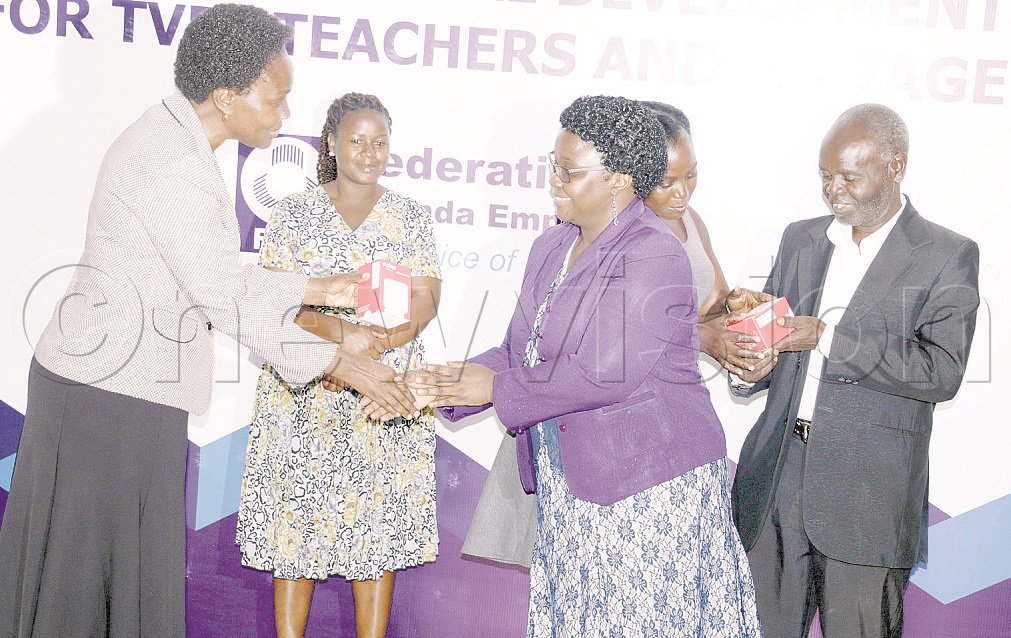(This article was first published in the New Vision on June 22, 2022)
By Ivan Tsebeni and Kellen Owente
Nine technical and vocational education training (TVET) institutions and one university will next month start teaching a new programme designed to help farmers produce agricultural goods that meet national and international standards.
The programme, agro-processing and post-harvest management, is aimed at helping farmers adopt better post-harvest handling practices to prevent losses and contamination.
The pilot course will be implemented at Busitema University, Abilonino National Instructor Training College, Kaberamaido Technical Training Institute, Bobby Polly Technical Institute, Rwetanga Farm Institute, Ssese Farm Institute, Ntinda and Nakawa vocational training schools, Bukalasa Agricultural College and Rusid Organic Agricultural Training School.
Joseph Kikomeko, the commissioner for training, research and innovation under the TVET programme, said they were selected because of their existing agricultural courses.
“This course will provide hands-on training in post-harvest management,” he said.
While addressing teachers and managers from the institutions at Imperial Royale Hotel in Kampala recently, he said one institute was picked in each region.
While they have been teaching agriculture-related courses, none of them offers agro-processing and post-harvest management as a course, yet one of the things that continues to affect quality of Uganda’s agricultural produce and farmers’ income is poor post-handling. These practices lower quality, lead to contamination and losses for the farmer.
“Some of us got school fees from agriculture and we are where we are because of it,” Kikomeko said.
By the end of the course, he added, learners would have become effective change agents in post-harvest management processes.
To be enrolled, one needs at least one principal pass in biology, chemistry or agriculture. A principal pass in sub-math or computer studies is an advantage.

Kikomeko said the course would be rolled out to other institutions if the pilot phase is successfully managed. It was developed by Better Education for Africa’s Rise, a joint initiative of United Nations Educational, Scientific and Cultural Organisation (UNESCO) and the Korean government.
According to Uganda Bureau of Statistics, agriculture accounted for about 23.7% of Gross Domestic Product, and 31% of export earnings in the 2020/21 financial year.
It also shows that 70% of Uganda’s working population is employed in agriculture.
The project officer at UNESCO, David Mwebaze, said the course targets the right category — young people — who form the biggest percentage of the population, but are unemployed.
Lamaro’ S Say
The education ministry permanent secretary, Ketty Lamaro, expressed hope that the programme would improve employability of young people. She said although vocational institutions have done a tremendous job in providing practical training, the sector lacked an important aspect of agro-processing.

